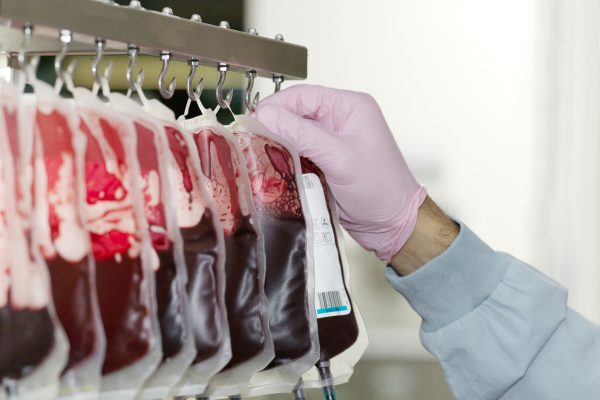
An international working group consisting of experts in myelodysplastic syndrome (MDS) have proposed to acknowledge a new subtype of MDS.1 Until now, the only MDS subtype that is characterised by a genetic abnormality was MDS with isolated del(5q). The newly proposed MDS-subtype is distinguished by a somatic mutation in the SF3B1-gene. The SF3B1-mutation is characterised by ring sideroblasts (erythroblasts with iron-loaded mitochondria), ineffective erythropoiesis and an indolent clinical course.
Approximately half of MDS-patients carries a somatic mutation in a spliceosome-gene. The SF3B1-mutation is the most common type of these mutations and is seen in ~20% of MDS-patients. SF3B1-MDS patients could benefit from treatment that is geared towards their specific MDS0subtype. Patients with mutated SF3B1 often show a relatively good prognosis, because of a less aggressive form of the illness, compared to other MDS-patients.
The experts determined 4 diagnostic criteria for SF3B1-mutated MDS:
In the future, it might become possible to diagnose SF3B1-MDS based solely on the genetic mutation. This would take away the necessity to analyse the bone marrow for diagnosis.
Determining the specific MDS-subtype of a patient is important to choose the best treatment for them. For SF3B1-mutated MDS-patients, luspatercept seems to be a promising medicine. Early 2020, a phase II study in which luspatercept was deployed by Fenaux et a was published in the New England Journal of Medicine.2
In this double-blinded, placebo-controlled study, MDS patients with the risk profile ‘very-low’, ‘low’ and ‘intermediate (following IPSS-R guidelines) and anaemia received the medicine luspatercept. This treatment with luspatercept led to a decrease in anaemia and transfusion need. Ninety-three percent of these luspatercept-treated patient was a carrier of the SF3B1-mutation. Luspatercept was approved on April 3th 2020 by the FDA for treating anaemia in the researched MDS patient population.3
References
3. FDA.gov